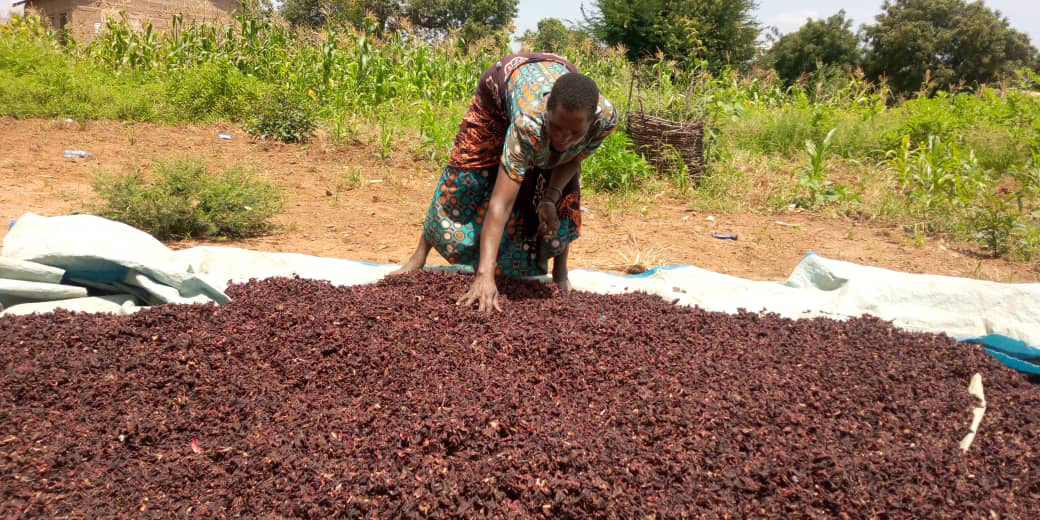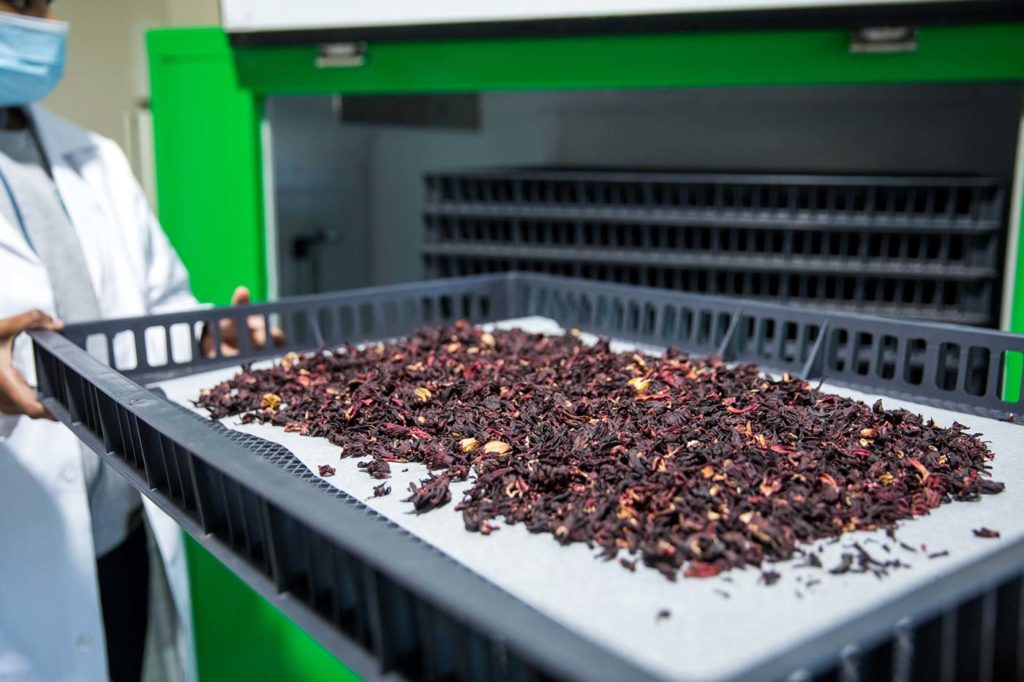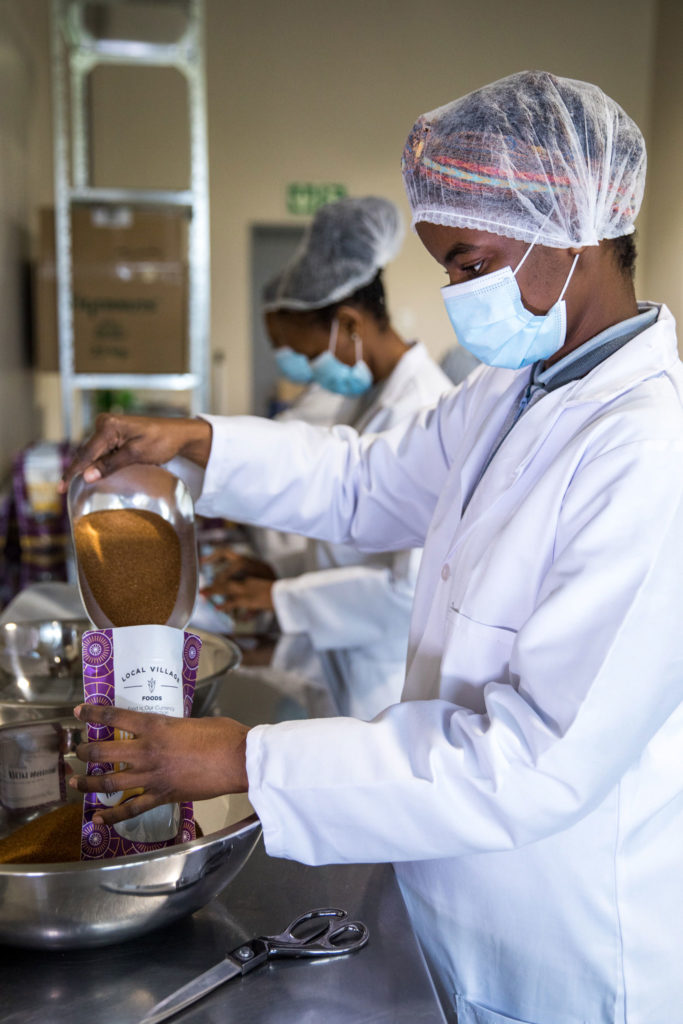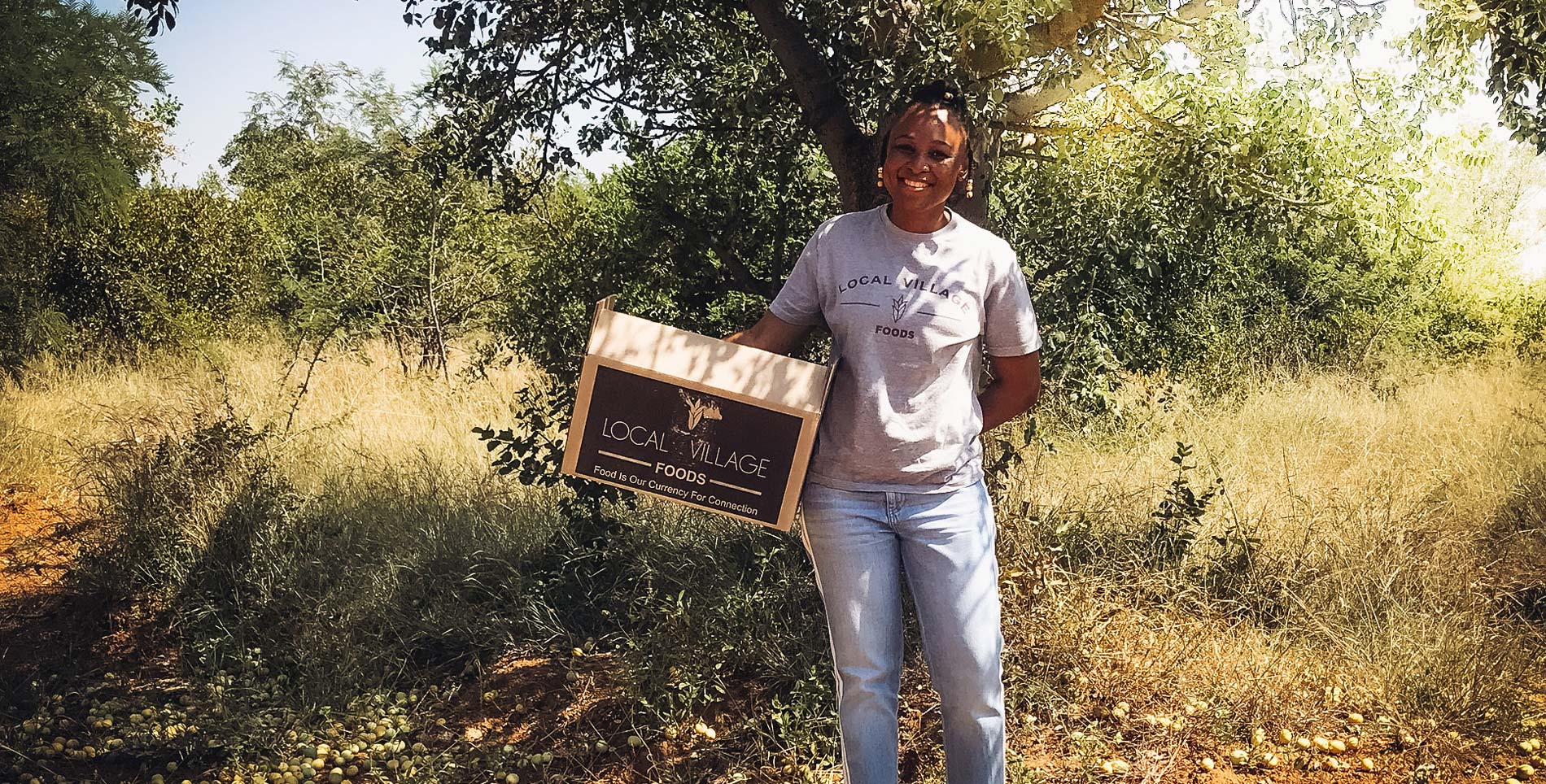Within the context of poverty, rising levels of unemployment, and destabilized social structures, those who are historically marginalized across Africa continue to be relegated to the peripheries of economic participation and empowerment. However, we need only to look beyond metropolitan cities to find those components that hold potential for prosperity: entrepreneurial activity, expansive lands, and most importantly, the people who occupy them. These are three components which, given the unique landscape of the continent, cannot function—or thrive—without one another.
According to findings reported by the United Nations Conference on Trade and Development, 85% of Africa’s food was imported from outside the continent between 2016 and 2018. This is gravely ironic for a continent that holds 60% of the globe’s uncultivated arable land. Further, the productivity of sustainable smallholders is often undermined even though small-scale farmers reportedly contribute about 80% of Sub-Saharan Africa’s food supply, while poverty, food insecurity and malnutrition remain a pervasive issue.
However, a sizable 2006 study by researcher Jules Pretty and associates explored 286 smallholder agriculture projects in 57 developing countries. It revealed the average crop yield increased by 79% when sustainable agricultural systems were employed and diversified. And given that smallholders are often characterized by the use of family labor and the consumption of some of the produce yielded, higher crop yields can result in increased food security for farm households while higher household incomes are obtained from the produce that is placed on the market.
These findings demonstrate that sustainable agricultural systems have ample potential to not only address food insecurity, but also to highlight the need for sustainable food business as a means to drive economic activity. Although entrepreneurial studies and literature often evade issues related to poverty and food, studies have shown that entrepreneurship is a vital means of addressing issues of rural poverty, household food security and unemployment in most developing countries. And further, that challenges such as climate change, increasing dominance of modern food chains, and inadequate government support increasingly require smallholders to become more and more entrepreneurial.
Sipamandla Manqele, founder of Local Village Foods—a food company that sources and supplies indigenous African ingredients—echoes these studies as she shares the inspiration behind the South African startup. She says, “I come from a village in the Eastern Cape called Lusikisiki—small town. It’s a really poor town, which is not unique because there are a lot of villages in this country that look like Lusikisiki—where there’s really good climate and really good landscapes, but there’s a lot of people and they are poor.” She further explains that given the availability of these resources while growing up, she did not quite understand how poverty remained so rife within her hometown, and later explored this through her education. “Studying social sciences in community development and business management enabled me to look at how we develop rural communities using business and entrepreneurship,” she explains.

According to the World Bank’s most recent poverty and equity briefs, 55.5% of the South African population was reportedly living at the national poverty line with 24% experiencing food poverty. In Nigeria, Malawi and Benin, these rates stand at 40.1%, 51.5% and 38.5% respectively. By the time Manqele left her first full-time job at an asset management company to start Local Village Foods, she was already rooted in the belief that food is a currency for connection to ourselves, others, and to all of life. And she envisioned that fair and sustainable food businesses held potential solutions to many of the interconnected challenges facing the continent, including poverty and unemployment. This meant primarily working with local small-scale farmers.
While Local Village Foods initially sourced products like granola and raw honey, Manqele references travel and African literature as piquing her curiosity about indigenous African cuisines from various parts of the continent. “I came across some books by Chinua Achebe, Chimamanda Ngozi Adichie—they’re beautiful writers who’ll talk about Nigerian cuisine in their books,” she says. And having already developed an appreciation for injera—an Ethiopian flatbread—these Nigerian authors’ literature led her to explore Nigerian foods.
It was through connecting with other people of the African diaspora that Manqele also discovered that unlike in South Africa, where rice and maize are staples, other indigenous African foods were featured on the day-to-day banquets of those she connected with. This prompted her to start incorporating indigenous ingredients or foods that have been naturalized on the continent into dishes, such as risottos or pancakes that she cooked for friends and associates. She soon married her mission of working with small-scale farmers to a Pan-African approach toward food that is sustainably grown, cultivated, marketed and sold.


With this in mind, Manqele accepted an invitation from a seed supplier to visit Malawi. There, she spent time in various farms and communities learning about their models. This catapulted into a range of partnerships and collaborations with suppliers, farmers and nonprofit organizations such as the Nigerian-based Nourishing Africa, which connects farmers and agripreneurs. Much like Manqele’s journey toward indigenous African foods, these collaborations have been driven by nurturing relationships. “It’s not like I had a model and then sent a team out there to find farmers,” she explains. “It’s been about making contact, visiting and connecting with the work that people are doing.”
Today, Local Village Foods has tapped into the global market of sustainable food businesses by forming a network of agripreneurs across several African countries. Through this network, a host of indigenous African ingredients are sourced from small-scale farmers in the South African provinces of Limpopo and KwaZulu-Natal, and from Nigeria, Malawi and Benin. These include ancient grains such as sorghum, teff and fonio, as well as a range of legumes and superfoods like Bambara groundnuts, moringa, raw cacao and tiger nuts. While these ingredients are offered raw, some can be found in the form of flours, powders, pasta and even as snack bars.
It is clear during our conversation that Manqele does not shy away from the fact that Africa’s history with colonization has diminished the significance of its indigenous food and how people relate to it. “In a country like South Africa, you’re still trying to find who you are—restore pride when you have been stripped of your dignity, your food, and treated as a second-class citizen,” she says. “So you might try to look, sound and eat as Western as possible because you’re trying to be part of the progress. Your food can be lost in that, because it doesn’t feature as part of progress.”
She further notes how this is reflected in government legislation. “Maize has no value added tax, but sorghum has value added tax. If you were trying to promote indigenous crops, let’s not put tax on that,” Manqele says. “There’s got to be drive from the state that is supporting, incentivizing and promoting that so farmers can start growing these crops en masse so it’s not a novel thing that’s only accessible to the higher-end market.”

With this, she notes there is still work to be done toward driving economic activity through indigenous food entrepreneurship, saying “globally, entrepreneurs are trying to incorporate African and Caribbean food so people can understand this food is healthy, can be plant-based, and can feature comfortably on the global banquet table.” She goes on to explain how a major retailer who, while immensely impressed by the products, insisted they are niche and not mainstream enough. As she was encouraged to rather work with independent stores, she recalls thinking: “How can African food be niche in Africa?”
However, through Manqele’s learnings, engagements with the African continent’s unique context, and willingness to evolve in kind, Local Village Foods has taken up the call for community development by forging human connections. And given the general hesitation of policy makers, as well as government institutions’ lax approach to agricultural entrepreneurship, this is a team that recognizes ongoing collaboration.
“As businesses in this sector, it’s our responsibility to invest in terms of marketing, education and lobbying governments to incentivize so we drive demand and thus drive supply at the same time,” she says. She goes on to say that although Local Village Foods is not always able to take a particular farmer’s entire yield when it is offered, the consistency of their sales brings with it hope for those small-scale farmers she works with. A hope that is not so much about charity, as it is conscious of catering to sophisticated palates and rural tastes that care about the hands that cultivate them.
Ultimately, as a self-proclaimed aspiring brand, Local Village Foods has demonstrated a model of sustainable food entrepreneurship that truly does consider connection to self, others and life itself. By nurturing a market for indigenous African ingredients, livelihoods can be secured, while a demand for the produce of small-scale agripreneurs across the continent can be maintained. And it’s all in the service of connecting with people and sharing Africa’s abundance at the global banquet.
Photos provided by Local Village Foods.







Our comments section is for members only.
Join today to gain exclusive access.